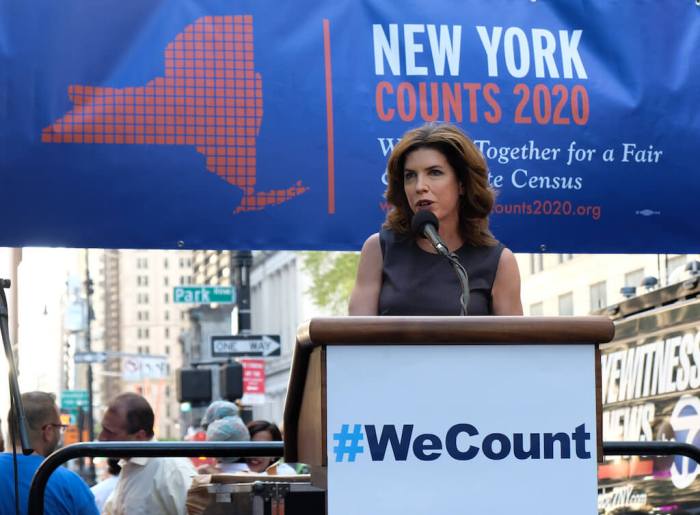You buy tickets to a Broadway show, and then you can’t go. Ever wonder what happens to your seats? I found out — a couple of minutes before the lights dimmed to the play my husband and I were attending — when I realized I’d better leave the theater before throwing up over the nice people nearby.
My worried husband following, I got to the mezzanine lobby, where a kind usher guided me behind the bar and provided a huge, plastic-lined container into which I upchucked.
As I paused in my heaving, the usher offered gently: “Maybe this is not the best night for theater.” Then, she explained I could exchange our tickets for another evening.
Really? How wonderful.
The house manager guided us out, and provided printed instructions about “Past-Dated” tickets.
Days later, fully recovered from food poisoning, I read that all tickets are “purchased on a final sale basis,” and that any accommodations are at the discretion of the producers.
I also learned that this was “a same-day courtesy [for Tuesdays, Wednesdays, and Thursdays] and arrangements cannot be made in advance.”
My first request to the phone number provided resulted in regrets. They could not accommodate me. Ditto calls number two, three, and four.
I have no idea how people who aren’t local could possibly take advantage of the producers’ courtesy offer. Even for a Manhattanite, it has proved impossible. I have no doubt there are people who have a happy ending to similar experiences. But I have yet to see the new production of the play to which I purchased tickets.
While that show is drawing an audience with Tony Award nominations, it is still offering discounts and is not selling out. Yet the producers’ courtesy offer reminds me of Lucy Van Pelt’s pulling the football away from Charlie Brown.
When I was reviewing productions, friends would sometimes share sad experiences about their theater-going. And now that I only accept free tickets when I’m writing about a show, I’ve learned that the Broadway community — which had its highest grossing year in history in 2017 with more than $50 million in collective box gross — sometimes treats civilians roughly.
Of course producers have every legal right not to assist after a final sale. But the lack of response after a performance missed due to illness reveals a troubling obliviousness to customer service and public relations.
Leida Snow is a former theater critic.



































